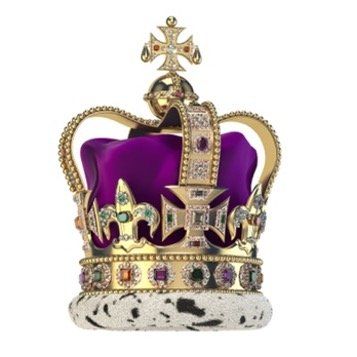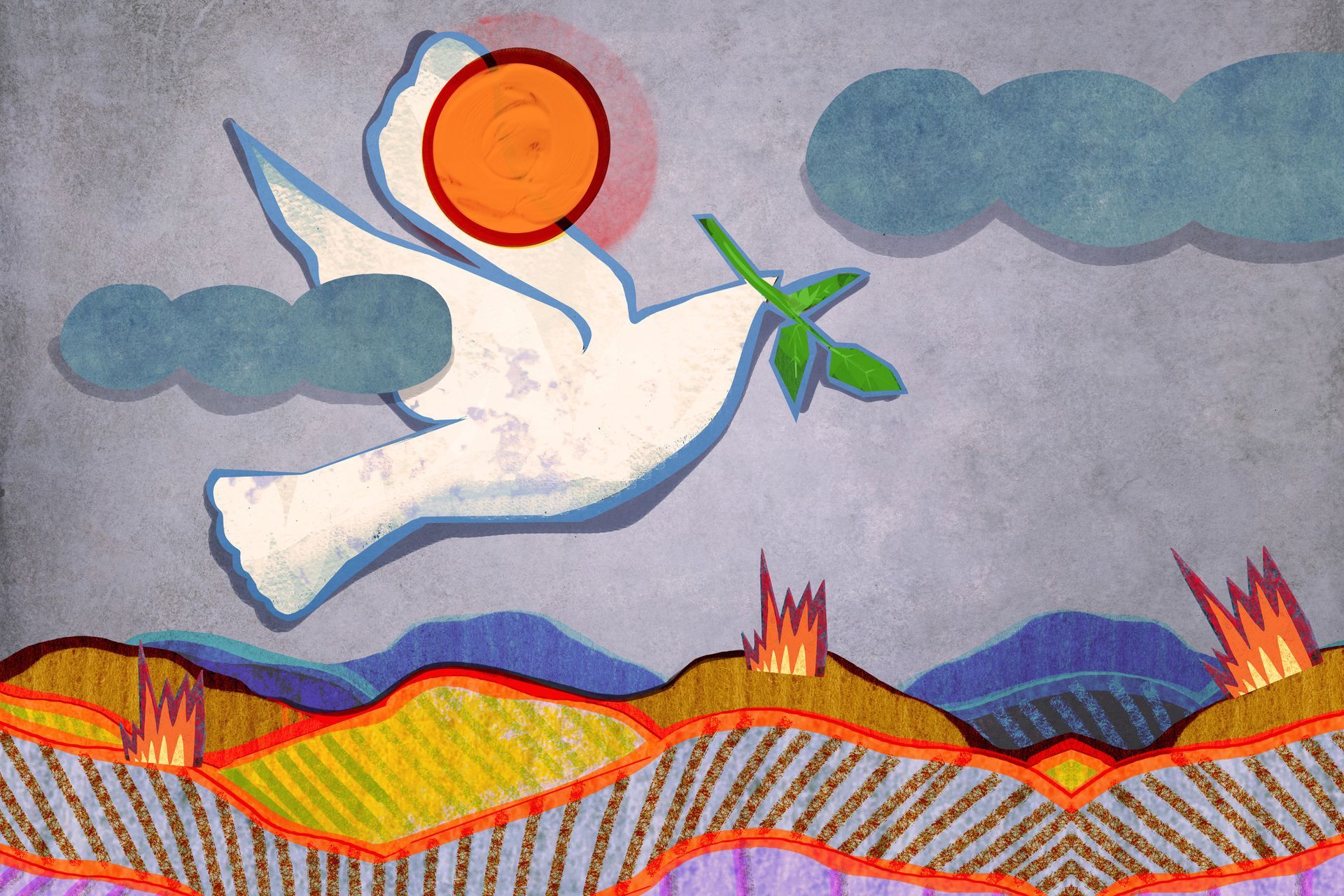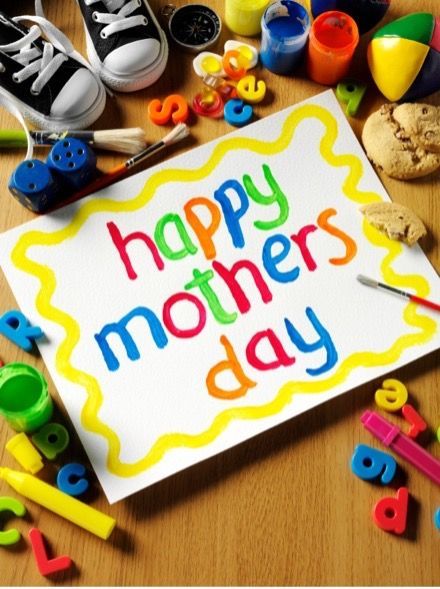It's Jubilee Time, or is it?

We have had a Silver Jubilee, a Golden Jubilee, and now a Platinum Jubilee, this time to celebrate the 70 years during which Queen Elizabeth II has been on the throne. No other British monarch has reigned for so long and, at 95 years of age, she continues to perform her duties as Head of State, willingly and effectively, long after other people would have given up their jobs and retired to take it easy.
We give thanks for her life of dedication and the tremendous service which she has given to Great Britain and the Commonwealth, and we pray ‘long may she reign’. So we have a year of events, many of them on this weekend at the beginning of July, where we can rejoice for what the Queen has done for our country and the Commonwealth nations and for the work of those in her family who are following her example of dedicated service.
What we will be having, really, is a year of jubilation rather than a year of jubilee – the two are rather different. Jubilation means a shouting for joy, but doesn’t give any reason for it. It is one of the oldest English words and can be traced back to before the year 1350 and probably came into English from a similar French word or the Latin ‘jubilate’.
However, the word jubilee comes from the Hebrew word yobel which meant a ram and, by implication, a ram’s horn which was made into a trumpet, the shofar, by the Israelites. Ram’s horn trumpets were blown on the Day of Atonement to announce the start of the Year of Jubilee. In the course of translation from the Hebrew Scriptures, yobel has become jubilee. Although the Day of Atonement occurred annually, the Year of Jubilee only happened every fifty years and was a very special year. The instructions about it, which the Lord gave to Moses, can be read in Leviticus 25.8-55.
What made it special that it was a year of the ‘three R’s’. Not the reading, writing and arithmetic we would normally associate with that phrase but release, restoration and rest. In that year, people would be released from their debts and slaves given their freedom, any property that had been sold would be restored to its original owners and there would be rest for the people and recovery for the land as there was to be no sowing and reaping. This was an excellent social programme as it limited the long term negative effects on those driven into poverty by debts which caused them to lose their land or their freedom. It prevented multi-generational poverty by giving back to families the resources needed to provide for themselves.
Not only was it good for the Israelites as a socially progressive system, it was also psychologically important as it gave them, collectively and individually, time to re-assess their priorities, to re-affirm their trust in God and their respect for others. They could also start the following year with renewed hope, like having a clean slate.
Now that really is a Year of Jubilee, and with great reason for jubilation. If only we could have that same generous spirit in our relationships and our society, and persuade governments to treat the poorer countries with the same underlying concern.










